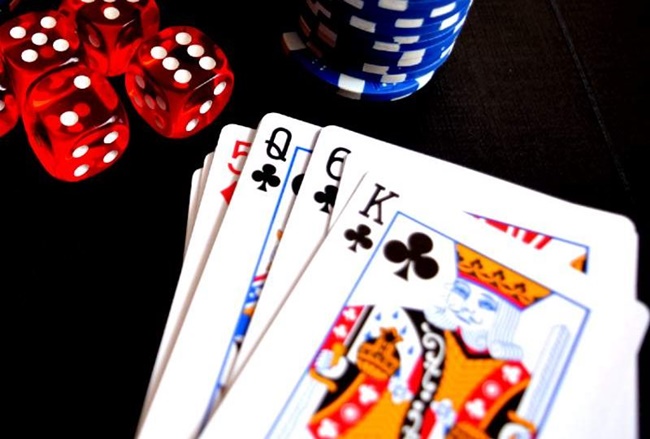Community: The Collective Power in Card Games
Card games have long been a source of entertainment, strategy, and camaraderie among players. They bring people together, offering moments of excitement, competition, and laughter. One intriguing variation that exemplifies the communal aspect of card games is aptly named "Community." In this variation, the cards are shared among all players, creating a unique dynamic that fosters a sense of collective power and teamwork.
How Community Card Games Work
Community card games, sometimes referred to as "shared card" games, follow a distinct set of rules that make them stand out in the realm of card playing. Here's how they typically work:
Shared Cards: In a Community card game, a set of cards is placed face-up in the center of the table. These cards are collectively known as the "community cards" and are available to all players to use in combination with their hole cards.
Hole Cards: Each player is dealt a set of individual cards known as "hole cards." These are private and should remain concealed from other players throughout the game.
Community Card Phases: The game proceeds in phases. In each phase, additional community cards are revealed. Players can use these cards in combination with their hole cards to create the best possible hand.
Hand Rankings: Players aim to achieve the highest-ranking hand based on standard poker hand rankings. The community cards, when combined with their hole cards, contribute to their final hand.
Strategies for Success
Playing Community card games requires a mix of individual skill and teamwork. Here are some successful strategies:
Observation: Keep a close eye on the community cards as they are revealed. Try to anticipate which combinations might become available and plan your moves accordingly.
Bluffing: Like in traditional card games, bluffing can be a powerful tool. By representing a strong hand when the community cards support it, you can deceive your opponents and potentially win the pot.
Collaboration: Encourage collaboration among players. Sharing information about the community cards can benefit everyone, helping to identify the strongest possible hands and determine the best course of action collectively.
Risk Management: Be cautious when committing to large bets. Remember that the community cards can significantly change the dynamics of the game, so avoid going all-in too early unless you have a very strong hand.
The Joy of Community Card Games
Community card games bring a sense of togetherness and shared experience to the table. Unlike many card games where you compete solely against your opponents, in Community variations, you work collectively with fellow players to build the strongest hands possible. This not only adds a layer of excitement but also fosters a sense of community and collaboration.
Whether you're playing Texas Hold'em with its shared community cards or exploring other variations, the essence remains the same: card games have the remarkable ability to bring people together, creating memorable moments and lasting connections.
So, next time you gather around a table to play cards with friends or family, consider trying a Community card game. It's an opportunity to harness the collective power of the cards and share in the thrill of victory together.
Conclusion
Community card games are a captivating genre, emphasizing collective play and shared excitement. Whether it's Texas Hold'em, Omaha, or other variations, these games require both individual skill and the ability to use community cards effectively. They offer unique challenges and a sense of camaraderie among players.
In these games, you're not just competing against others; you're collaborating with them through the shared cards on the table. This shared experience creates memorable moments of joy and surprise that make community card games a beloved pastime worldwide.
Frequently Asked Questions (FAQs)
Q1: What are community card games?
A1: Community card games are a genre of card games where certain cards are dealt face-up in the center of the table and shared by all players. These communal cards can be used in combination with each player's individual hand to form the best possible card combinations.
Q2: What is the most popular community card game?
A2: One of the most popular community card games is Texas Hold'em, widely played in poker tournaments and casual settings. Omaha is another notable community card game.
Q3: How do community card games differ from other card games?
A3: Unlike traditional card games where players rely solely on their individual hands, community card games introduce an element of shared cards, adding complexity and strategy to the game.
Q4: What is the significance of community cards in these games?
A4: Community cards can significantly impact the outcome of the game. They create opportunities for players to form strong card combinations and make strategic decisions based on the cards available to everyone.
Q5: Are community card games suitable for beginners?
A5: While community card games can be challenging for beginners, they offer a great learning experience. Starting with simpler variations and gradually advancing to more complex ones is a good approach.





Comments
Post a Comment